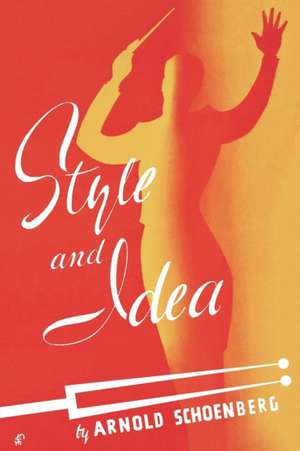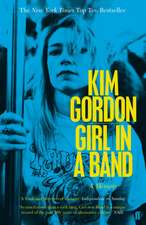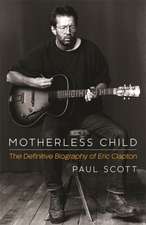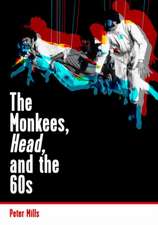Style and Idea
Autor Arnold Schoenbergen Limba Engleză Paperback – 31 dec 1949
| Toate formatele și edițiile | Preț | Express |
|---|---|---|
| Paperback (2) | 91.75 lei 3-5 săpt. | |
| Philosophical Library – 31 dec 1949 | 91.75 lei 3-5 săpt. | |
| University of California Press – 30 sep 2010 | 253.71 lei 6-8 săpt. |
Preț: 91.75 lei
Nou
Puncte Express: 138
Preț estimativ în valută:
17.56€ • 18.19$ • 14.65£
17.56€ • 18.19$ • 14.65£
Carte disponibilă
Livrare economică 28 februarie-14 martie
Preluare comenzi: 021 569.72.76
Specificații
ISBN-13: 9780806530956
ISBN-10: 0806530952
Pagini: 236
Dimensiuni: 152 x 229 x 14 mm
Greutate: 0.35 kg
Editura: Philosophical Library
ISBN-10: 0806530952
Pagini: 236
Dimensiuni: 152 x 229 x 14 mm
Greutate: 0.35 kg
Editura: Philosophical Library
Notă biografică
Arnold Schoenberg (1874-1951), renowned Austrian and American composer, musical theorist, painter, and teacher of composition, pioneered compositional and critical approaches to atonality that were landmarks in twentieth century musical thought.






